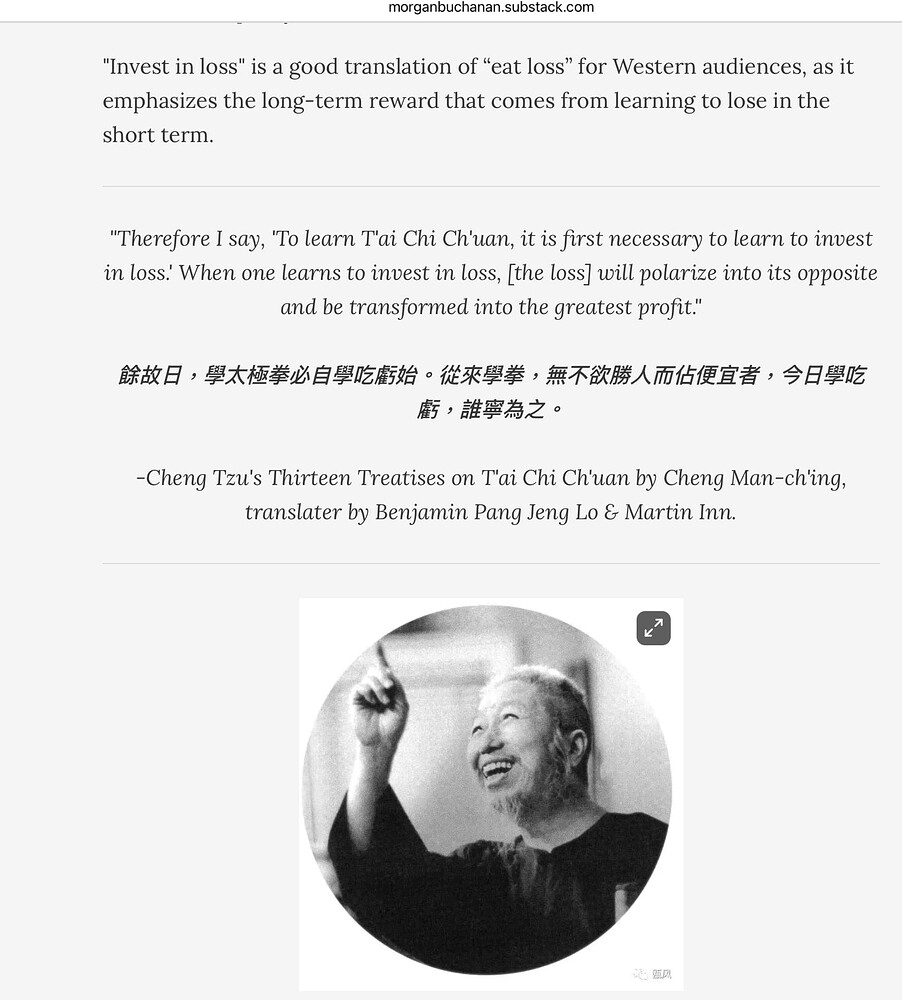How, so far, are you relating to the ideas?
Did you know that stoicism was one of the important influences on modern-day Cognitive Behavior Therapy?
That approach (CBT) gets a bad rap sometimes. People sometimes judge it by the times when it’s applied superficially or without nuance and empathy. But it’s actually a brilliant approach. (Seems wrong to judge a tool by the times that it has been used unskillfully.)
One of my favorite parts, of stoicism-influenced practices, is the idea of intentionally courting loss, embarrassment, or so-called hardship. Stepping, intentionally, into the spaces and conditions that we fear, so that when they come calling not by our choice, we have some capacity to handle them.
Our fears often have some good reasons underlying them, so it’s good to exercise judgment and moderation in doing this kind of thing. And it doesn’t have to be so grave and somber as all that.
Wearing weird, funny, or otherwise embarrassing clothes every so often would be an example.
hahaha.
Basically think of everything that a touchy, proud 18 year old would never do in a million years, and make sure to do a few of those things once or twice a month.
A more profound example would be the Memento Mori practices.
Lately, I’ve been thinking about Paying Homage to the Malefics.
All of those archetypes, symbols, and areas of life that have traditionally been blamed and labeled as sources of Misfortune and Ill Luck. Examples from astrology would be Saturn, Mars, Chiron, and Mercury in Retrograde. Examples from mythology and folklore would be gremlins, imps, and mischievous elves. Back to the Memento Mori, another example would be graveyards and the dead, in general. In the Buddhist tradition, we might talk of ‘The Four Sufferings’: Birth, Sickness, Old Age, and Death. In the corporate realm, it might be Negative Performance Reviews and Being Passed Over for Promotion. And the list goes on and on.
These are those parts of life that throw jabs and slaps at the ego. Inviting us to see what can be discovered when we (temporarily at least) transcend the ego a bit.
In Chinese thought, we have the Daoist-like idea from taijiquan of 吃虧. Literally ‘eating loss’. Or sometimes translated as ‘Investing in Loss’.
There’s a nice bit of Stoic beauty.




